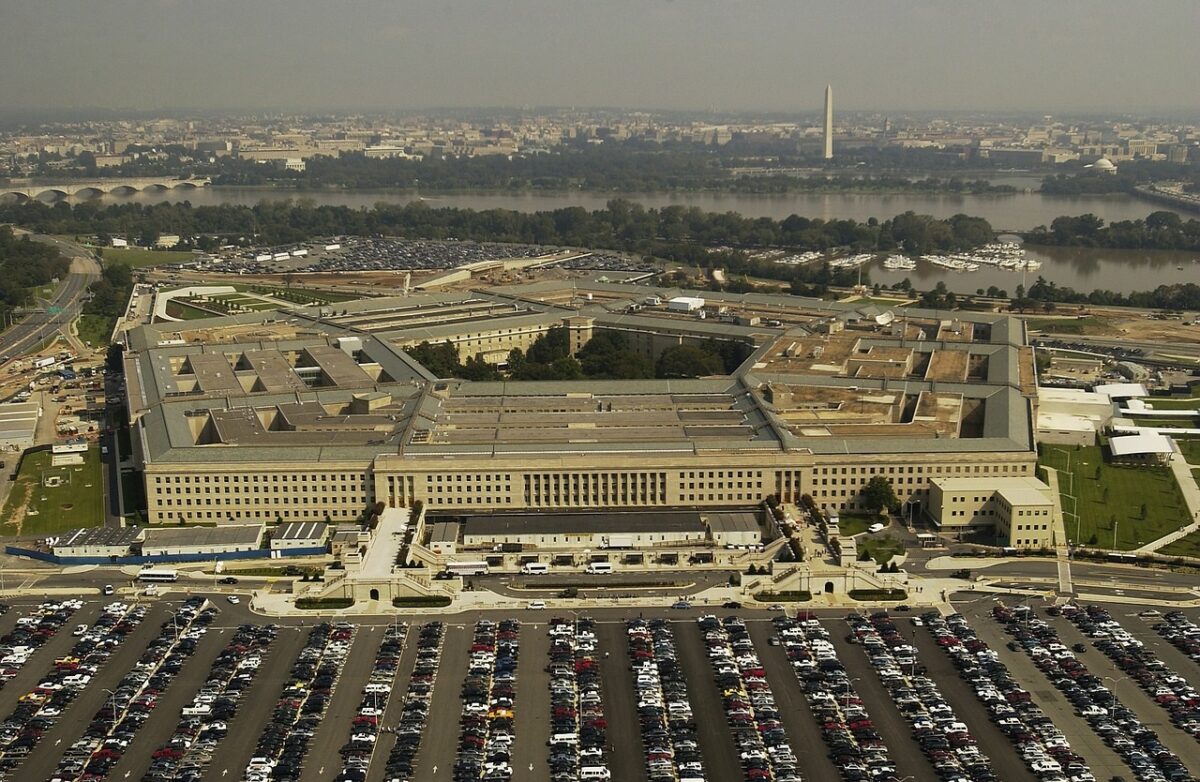After almost eight years of consolidated, multidistrict, pretrial proceedings—including massive jurisdictional discovery and a succession of dispositive motions and appeals—Judge Roger W. Titus of the U.S. District Court of the District of Maryland on July 19, 2017 dismissed in its entirety the “Burn Pit” toxic-tort multidistrict litigation.
The primary defendant, Kellogg Brown & Root Services, Inc. (KBR), was the U.S. military’s principal logistical-services contractor during combat operations in Iraq and Afghanistan between 2003 and 2010. The court’s 81-page Memorandum Opinion exhaustively demonstrates that the legal grounds for dismissal of the litigation—the political-question doctrine and implied preemption under the Federal Tort Claims Act’s (FTCA) combatant-activities exception, 28 U.S.C. § 2680(j)—not only were compelled by, but also predicated upon, the jurisdictional evidence that KBR developed (through the painstaking efforts of Robert A. Matthews and Daniel L. Russell of Covington & Burling LLP) and presented to establish that the US military exercised pervasive control of KBR’s burn-pit and water-services operations at forward-operating bases (FOBs) in Iraq and Afghanistan.
To read the Legal Backgrounder that Larry Ebner prepared for the Washington Legal Foundation about the court’s decision, click here. Westlaw Journal Toxic Torts republished Larry’s analysis on October 6, 2017.

